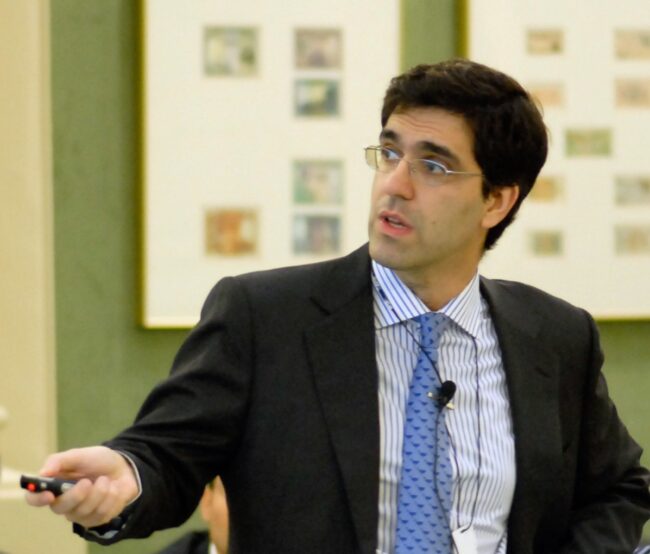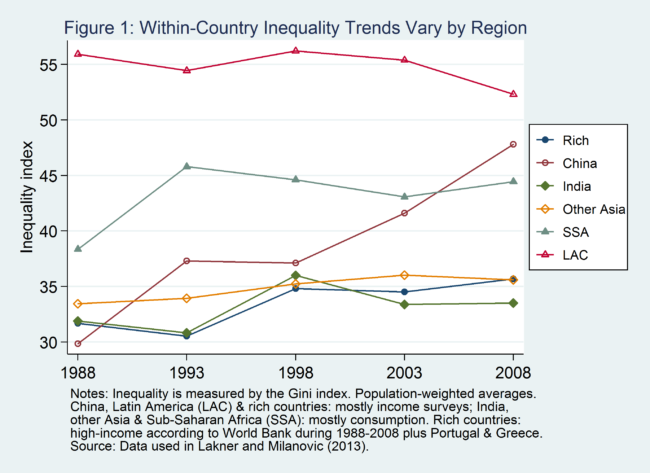Letter from the President – Second Issue
Welcome to the second issue of our CREDO newsletter. A great deal has happened since our last issue.
In the spring, Thomas Piketty’s book, Capital in the 21st Century became a New York Times bestseller, creating excitement, controversy and much discussion in the economics community but probably more so in the Church, media, and broader society. The focus of the book is, of course, wealth and income inequality, and we have decided to give some focus to the issue in the current issue. CREDO vice-president Jesus Fernandez Villaverde has contributed a thoughtful review of the book…



